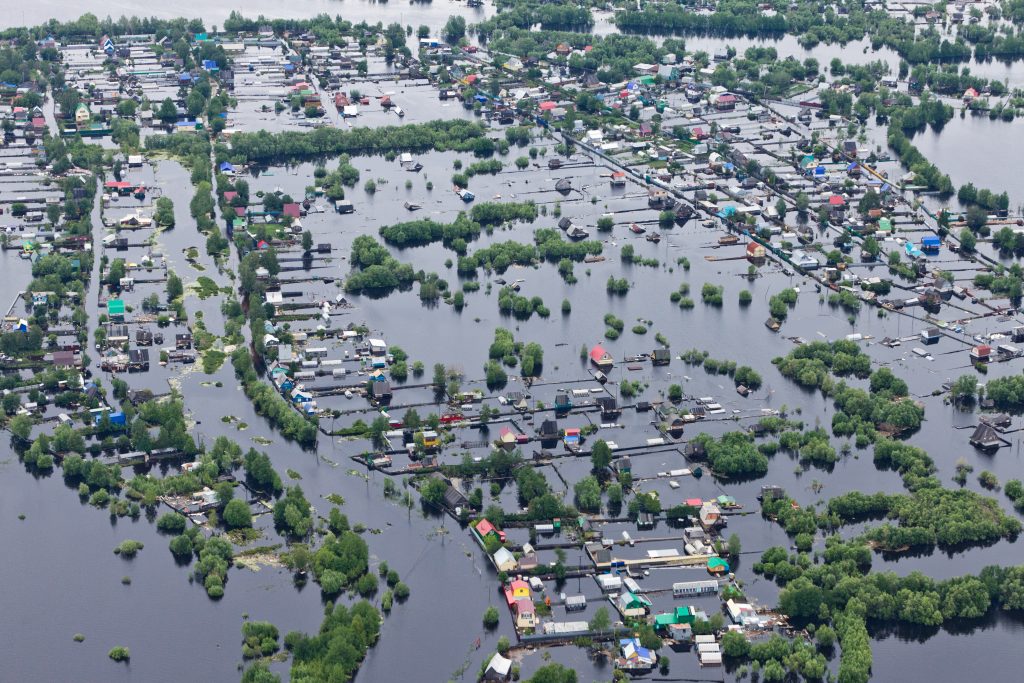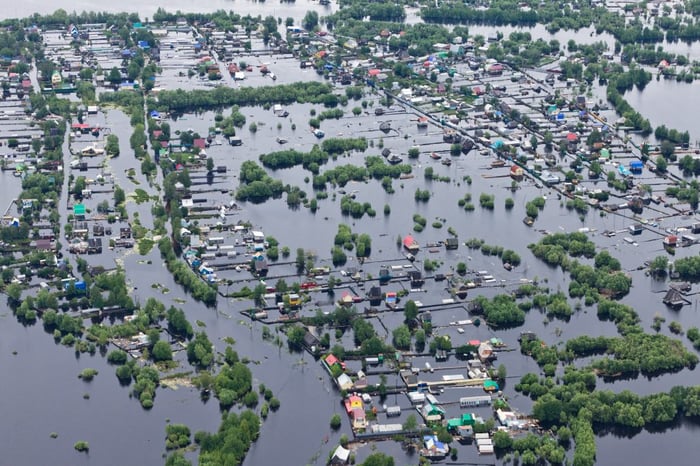When Disaster Strikes - Are you Prepared to Care for Your Loved One?

 The devastation we are witnessing in the wake of Hurricane Harvey is a reminder that we must all be prepared to care for a loved one, elderly or disabled neighbor or friend when disaster strikes. Here is a list of 6 basic yet vital precautions that everyone should have in place, especially in the event of a natural or manmade disaster:
The devastation we are witnessing in the wake of Hurricane Harvey is a reminder that we must all be prepared to care for a loved one, elderly or disabled neighbor or friend when disaster strikes. Here is a list of 6 basic yet vital precautions that everyone should have in place, especially in the event of a natural or manmade disaster:
Communications Plan
How will you communicate with immediate and extended family members in the event of an emergency? These discussions should include how to get in touch with neighbors, friends, a loved one's church or other support systems that are in place.
If your loved one lives in a community setting, discuss what response and evacuation plans they have in place, including their designated emergency shelters.
Prepare a comprehensive Healthcare and Medication Record that includes but is not limited to:
A healthcare record lists chronic illness, allergies, immunizations, disabilities, doctors and hospitals and emergency contact information (names, relationship and cell phone numbers of family members and/or primary caregivers).
Families can maintain this list on a spreadsheet and share electronically with family members, but also know that a hard copy should be accessible to first responders in the elderly person's home. Placing a decal on the refrigerator door is advisable with all information kept in a baggie or vial inside the refrigerator. Vialoflife.com is an excellent project and their website has valuable forms, tips and resources.
Have an emergency/escape plan in place
Talk with your loved one about what to do in case of emergency. Write out simple, clear instructions where it is can easily be read. If your loved one has any level of cognitive impairment and lives independently, a disaster can cause immediate confusion and anxiety. In this case, plans should immediately include receiving aid from someone else.
Emergency supply kits
Three days of food and non perishable food items are advisable to include in case of disaster. Other items recommended include but are not limited to portable, battery powered radio, flashlight, sanitation and hygiene items, clothing, blankets, cell phone and charger, whistle and photocopies of identification, emergency contacts and healthcare/medication records. If your loved one has any level of cognitive impairment, make sure food items are easy to open, kits are well marked and simple instructions included.
Plan for pets
Find out what veterinarians and pet services are available to shelter animals in emergencies. Include in personal information phone and contact information of pet services in the area.
Learn CPR and train on using an automated external defibrillator (AED). These classes are free and can save someone's life. Go to www.redcross.org for training information.
Pam Brandon is President/Founder of AGE-u-cate® Training Institute and a passionate advocate for older adults and those that serve them.


